In this outtake from “Floyd Abrams: Speaking Freely,” ABC News Chief Legal Affairs Correspondent Dan Abrams discusses how he admires his father for working on cases he may not necessarily agree with, including Citizens United. “I think we need more people who are willing to say, ‘I believe in the principle, even if it leads to a result that I don’t agree with, because the principles are what our Constitution is founded on.'”
Video Features
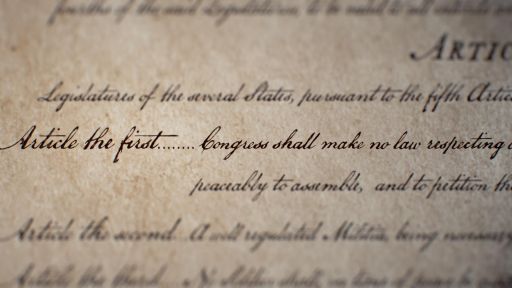
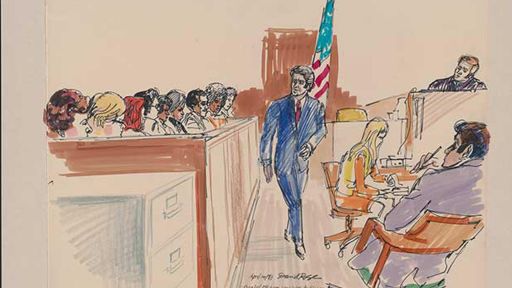
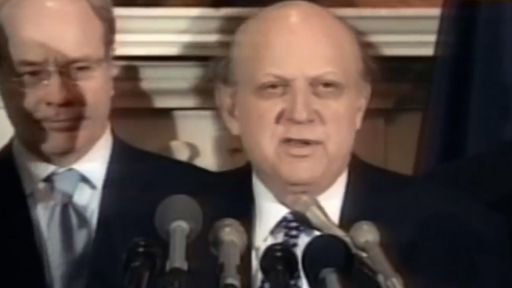
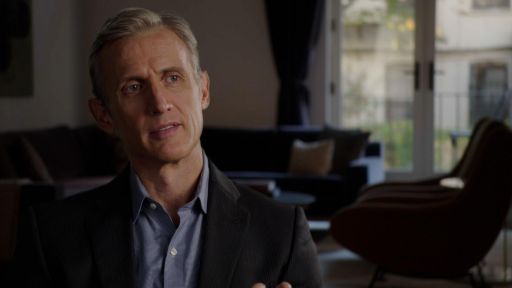
Written Features
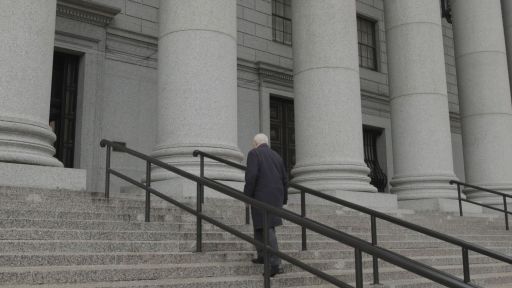
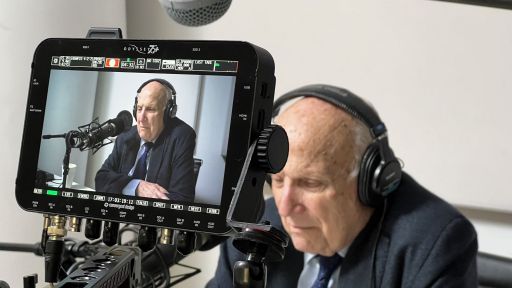
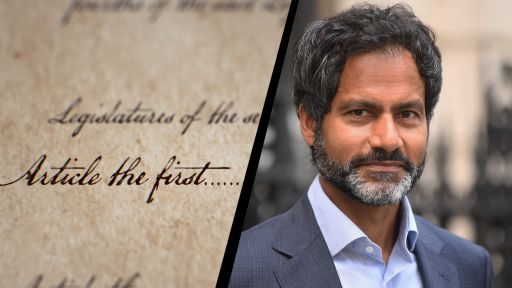
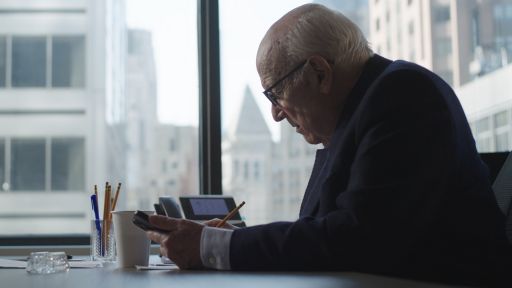
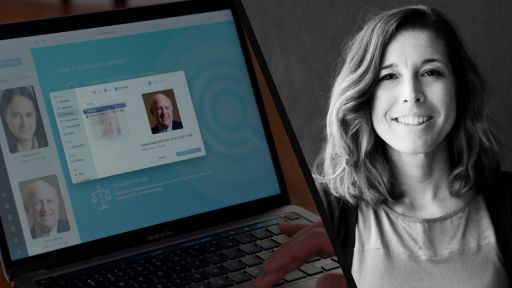
Thought Leaders
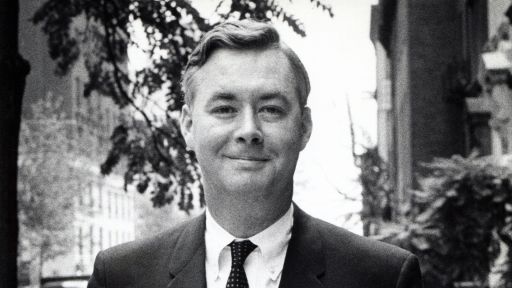
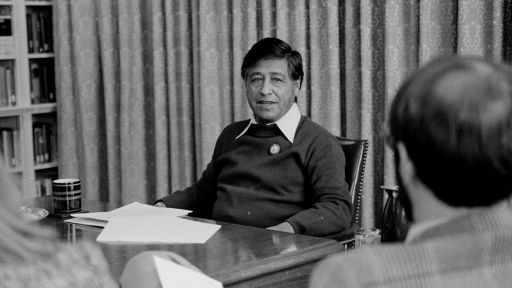
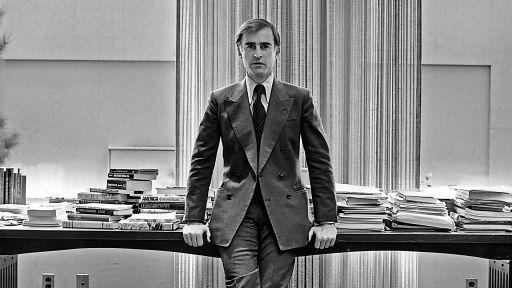
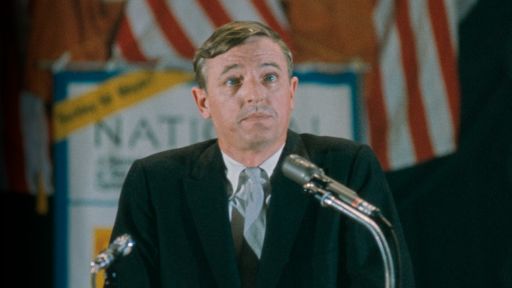
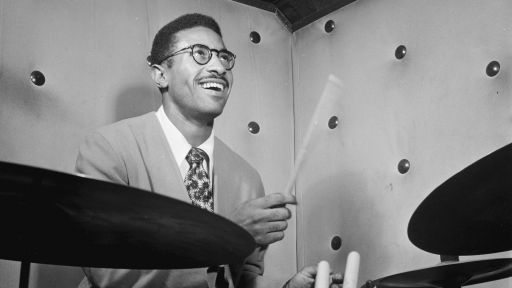
- My dad representing McConnell in the Citizens United case is one of the things I admire him most for.
A, because he believed in the principle and the argument, and B, because he never would support Mitch McConnell as a political figure.
And that's kind of what the First Amendment's all about.
It's about being willing to say, "People who you don't like have a right to speak.
People I don't agree with may have a legitimate legal argument."
We'd be at cocktail parties, and he would get attacked by what had been his liberal friends, who didn't really understand the legal issues, which was always striking to me, was these sort of intellectual, some of them law professor types, who would immediately challenge, but sometimes more than challenge, almost have a level of anger at him for having taken on the case, that I thought was admirable.
Meaning, he didn't mind that they were upset.
He didn't mind that they were coming after him.
And one of the things I've always felt he didn't emphasize in the Citizens United case, was that he did it for free.
There's always this suggestion, "Well, any lawyer will take a case for money."
My dad didn't need this case.
He believed in the case, he believed in the legal argument such that he did it for free.
So those who would say, "Well, you know, probably made a bundle off that one."
No, made nothing.
And he wouldn't say that.
I had to say that.
And by the way, when we'd be at a party and I'd be with him, and he'd be explaining the position, et cetera, I would throw in there, almost just to to throw another dart, to say, I'd say, "You know, he did it for free."
And they're, "Oh, he did it for free?
That makes it even worse!"
But, you know, people were, I think, disproportionately and inexplicably angry about that case.
They made it as if it was a political statement for him to take the case, as opposed to a legal argument.
And I think we need more people who are willing to say, "I believe in the principle, even if it leads to a result that I don't agree with, because the principles are what our Constitution is founded on."
(majestic music)
